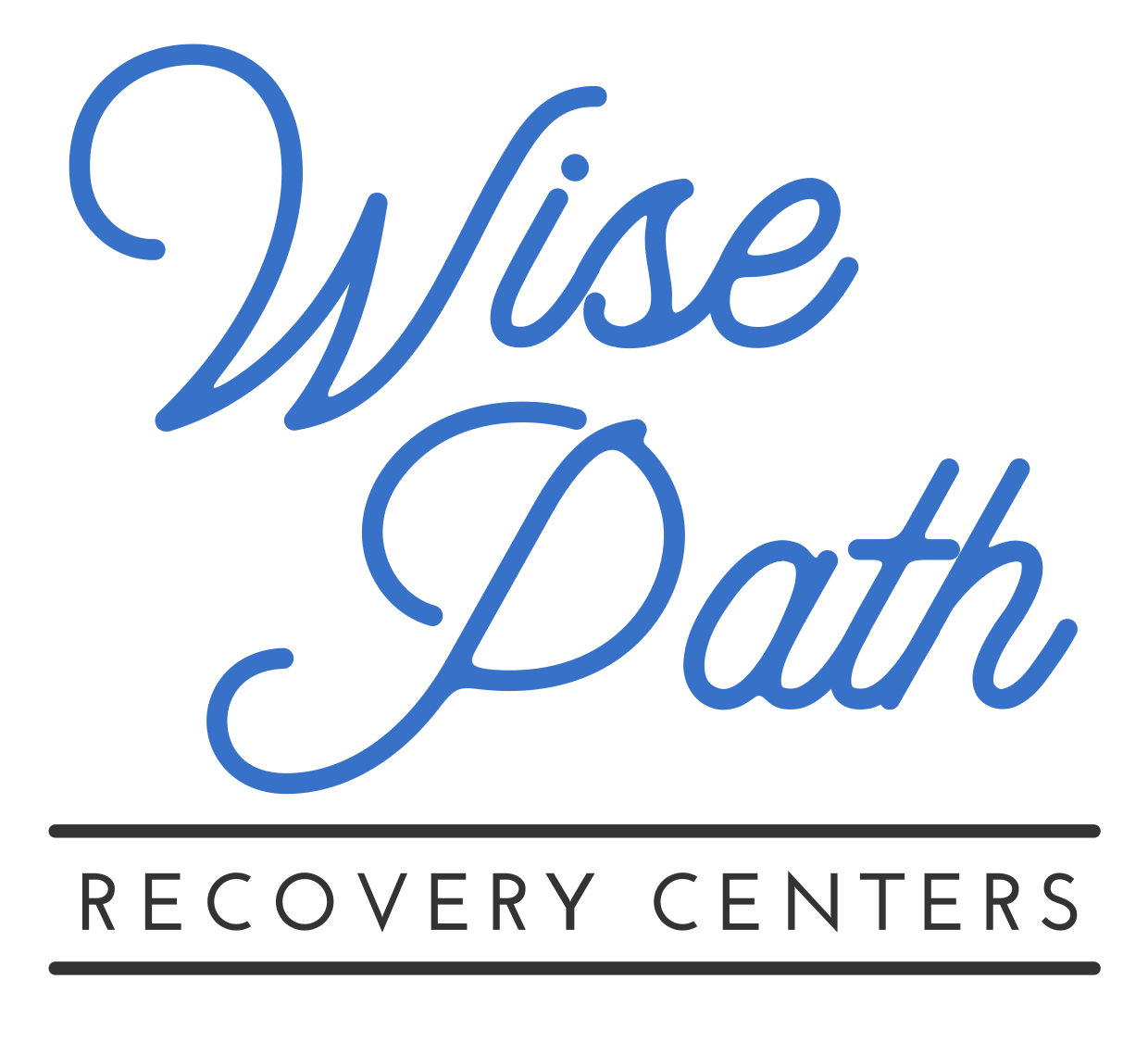The Power of Mindfulness in Addiction Recovery
Mindfulness, at its core, involves non-judgmental awareness of the present moment. It invites individuals to observe their thoughts, emotions, and bodily sensations without attachment or aversion. By cultivating mindfulness, individuals in addiction recovery gain a greater understanding of their triggers, cravings, and emotional patterns, leading to increased self-awareness and self-control. Research has shown that mindfulness practices have a positive impact on addiction recovery. One study conducted by Priddy et al. (2014) found that mindfulness-based interventions significantly reduced substance use, cravings, and depressive symptoms among individuals with substance use disorders. Mindfulness practice not only enhances self-regulation but also helps individuals develop healthier coping mechanisms, reduce impulsivity, and manage stress and anxiety, which are often underlying factors contributing to addictive behaviors.
Ways to Practice Mindfulness
There are several ways to practice mindfulness, and individuals in addiction recovery can choose the methods that resonate with them the most. Here are some common mindfulness practices that have been found to be effective:
- Meditation: Meditation involves focusing attention on a specific object, such as the breath, a mantra, or a visual image. This practice cultivates concentration and trains the mind to stay present. Regular meditation can help individuals become more aware of their thoughts and emotions, and develop a non-reactive and accepting stance towards them. Here’s a great guided meditation on YouTube.
- Body Scan: The body scan is a practice where individuals systematically bring their attention to different parts of the body, noticing sensations and letting go of tension or discomfort. This practice helps develop a deep connection between the mind and body, promoting relaxation and self-awareness. Check out this six-minute guided body scan video.
- Mindful Movement: Engaging in mindful movement practices such as yoga, Tai Chi, or Qigong can be beneficial for individuals in addiction recovery. These practices involve gentle movements coordinated with the breath, helping individuals focus their attention on bodily sensations, increase body awareness, and cultivate a sense of calm and balance.
- Mindful Eating: Mindful eating involves paying close attention to the sensory experience of eating, such as the taste, texture, and smell of food. By slowing down and savoring each bite, individuals can develop a healthier relationship with food and become more attuned to their body’s hunger and satiety cues.
- Informal Mindfulness: Informal mindfulness involves bringing a non-judgmental and present-moment awareness to everyday activities such as washing dishes, walking, or brushing teeth. By fully engaging in these activities and noticing the sensations, individuals can cultivate mindfulness throughout their daily lives.
It’s important to note that mindfulness is a skill that requires practice and patience. Starting with short, regular sessions and gradually increasing the duration can be helpful. Additionally, guided mindfulness meditation recordings or attending mindfulness-based programs can provide structure and support for individuals in their mindfulness journey.
Integrating Expressive Arts Therapies for Deeper Healing
Alongside mindfulness, expressive arts therapies can provide a profound pathway to self-expression and healing. Expressive arts therapies, such as music or art therapy, harness the creative process to explore emotions, thoughts, and experiences. They offer a safe space for individuals to delve into their subconscious and gain insights into the underlying causes of their addiction. Research by Hu et al. (2021) suggests that art therapy promotes emotional well-being, reduces psychological distress, and enhances self-esteem among individuals in addiction recovery. Engaging in art therapy allows individuals to tap into their inherent creativity and find alternative outlets for self-expression, ultimately fostering personal growth and self-discovery.  As for music therapy, it has the potential to moderately decrease substance cravings and enhance motivation for treatment and behavioral changes among individuals with substance use disorders (SUDs) who are undergoing detoxification and short-term rehabilitation, according to Ghetti et al. (2022).
As for music therapy, it has the potential to moderately decrease substance cravings and enhance motivation for treatment and behavioral changes among individuals with substance use disorders (SUDs) who are undergoing detoxification and short-term rehabilitation, according to Ghetti et al. (2022).
By incorporating mindfulness and expressive arts therapies into addiction recovery programs, individuals can experience a multi-faceted healing journey. Mindfulness practices create the foundation for self-awareness and self-regulation, while expressive arts therapies offer a creative channel for exploring and processing emotions. This holistic approach enables individuals to address the root causes of their addiction, develop healthier coping strategies, and cultivate a greater sense of overall well-being. Embark on the initial phase of your recovery journey by taking the essential step of verifying your insurance coverage on our website.

